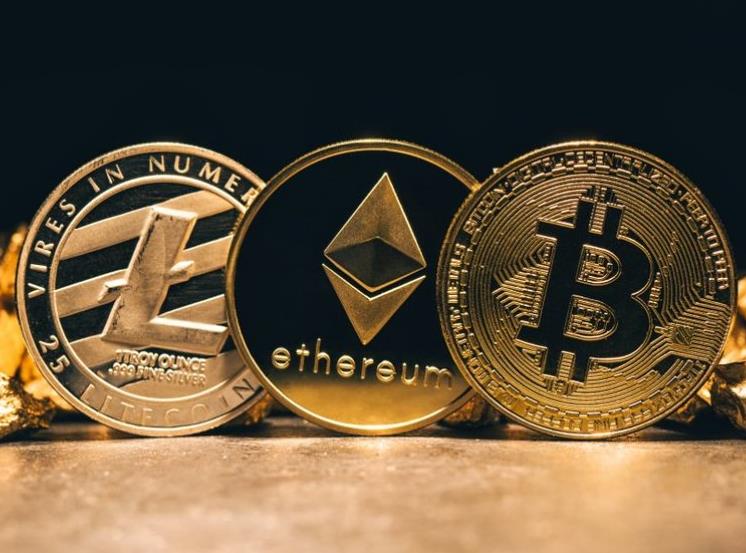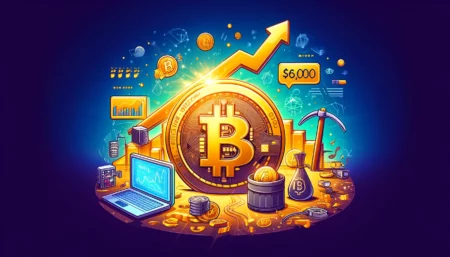The U.S. Commodity Futures Trading Commission (CFTC) has filed a lawsuit arguing that digital assets such as bitcoin BTC -0.62%, ethereum ETH 3.88% and litecoin LTC -4.69% are commodities, not securities.
The lawsuit also states that certain digital assets are defined as virtual currencies that can serve as a form of value representation and be used as a medium of exchange, unit of account, or store of value. However, these assets can also be viewed as derivatives of commodities, fiat currencies, or other financial instruments. Therefore, the specific circumstances may require further investigation and clarification.
The CFTC’s lawsuit seeks to clarify the regulatory status of digital assets and enforce the Commodity Exchange Act’s provisions against fraudulent activity and manipulation in digital asset markets.
The CFTC’s stance is in line with the U.S. Securities and Exchange Commission’s (SEC) view that Bitcoin and Ethereum are not securities. The SEC has yet to make a formal ruling on Litecoin’s status.
The CFTC’s lawsuit alleges that the defendants, a cryptocurrency investment firm, engaged in fraudulent activity and manipulated the prices of bitcoin and litecoin in 2017.
The CFTC’s investigation revealed that defendants’ trading procedures were designed to generate artificial trading volumes and create a false impression of market demand. Defendants’ activities caused significant increases in the price of Bitcoin and Litecoin to the detriment of other market participants.
The CFTC’s lawsuit seeks civil monetary penalties, damages, trading injunctions, and injunctions against the defendants. The lawsuit also seeks a trading and registration injunction against the defendants’ principals and prohibits them from trading digital assets or soliciting clients.
The CFTC lawsuit is part of a broader effort by U.S. regulators to strengthen oversight of the digital asset market and protect investors from fraudulent activity and market manipulation. The CFTC and SEC have jointly issued multiple warnings to investors about the risks of investing in digital assets and the potential for fraud and manipulation.






